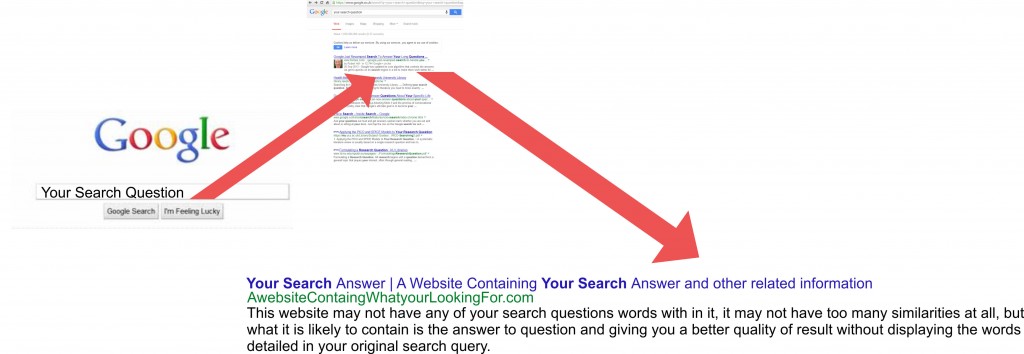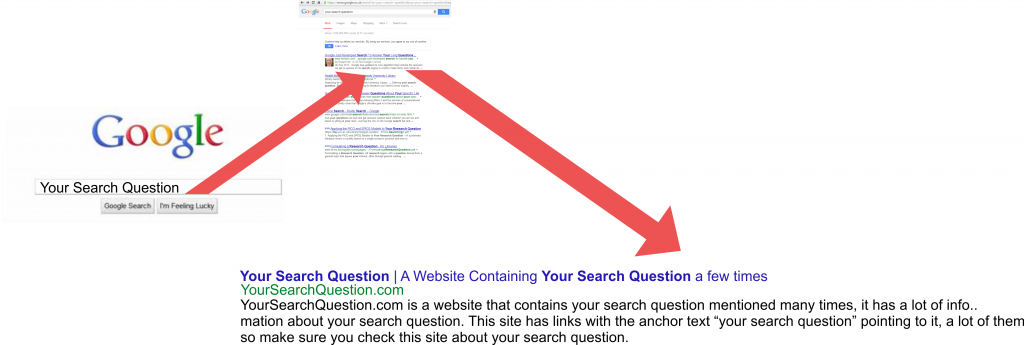Ok, so after Panda & Penguin, generally the SEO world thought it may be the last large update for a while, that was obviously not the right thought.
Hummingbird – What will change? – Is SEO Dead? 90% of searches affected, will many be penalised? Do we have to completely revolutionise our methods?
If you work in SEO you probably will have questioned one of the above, if not all & more at some point.
As with all Major updates, it is easy to be dramatic and think SEO is dead. This can be seen in many places and generally most seek a direct cure from the Google Webmaster Forums.
However, with the semantic search implemented by the new update, research suggests results will be of a much better quality. Meaning, as ever, the update is a good thing for anyone who uses or is involved with Google in whatever capacity.
So how does Semantic Search work:
Traditionally, this is what you could expect if you were to search Google:
With the introduction of Semantic search, this is what we now see:

So in actual fact, whereas initially it may seem counter intuitive to SEOs, it is actually all in the name of giving the users better quality results via Google.
As we all know:

Better Conversions =

Happy Customers =

So, as always, what seems like the end of the world initially is actually a great development for SEO and for businesses in general.
Hummingbird means that as search behaviour continues to evolve so do the search results, and evolve for the best might I add.
If you feel you have been affected by the Hummingbird Algorithm Update and the effects have been detrimental, then there are questions to be answered about what you have done in the past.
We are happy to report that after 10 years and many many updates our methods are as effective and successful as they ever have been so feel free to enquire with us.
Tags: #seo #googlealgorithm #seomanchester #net66
Blog Post by: Tom McVey

